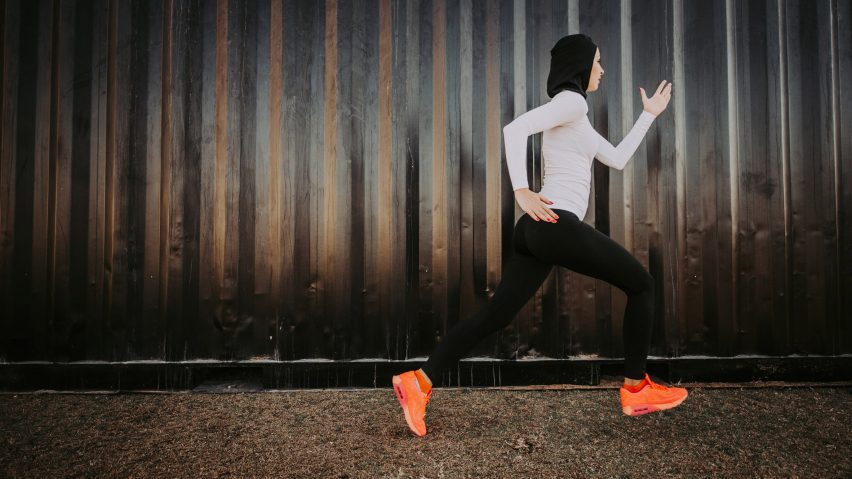French sports retailer Decathlon has abandoned plans to sell a hijab for female runners in France, following a surge of complaints.
The company had planned to sell the athletic hijab – which covers the wearer's head and neck – in stores in both France and Morocco.
But it has now cancelled plans to sell the item in France following an outcry on social media and a barrage of calls and emails.
Threats directed at Decathlon's workforce
Decathlon issued a statement saying that they would not be selling the hijab in France "to ensure the safety of our workers", following more than 500 emails and calls.
"Our mission is to create, by athletes for athletes, technical products at the fairest prices anywhere in the world," the statement read.
"Faced with violent polemics and threats that far exceed our aim to meet the needs of our customers, our priority is to find a peaceful situation. In this context, we suspend our project of marketing this product in France."
Aurore Bergé, member of the French parliament and spokesperson for ruling party Republic on the Move, were among those quick to condemn the move.
"My choice as a woman and as a citizen will be to no longer trust a brand that breaks with our values", she wrote on Twitter.
Responding to the matter on its own Twitter account, Decathlon had initially urged commenters to be calm and measured in their responses, pointing to a "wave of unprecedented insults and threats".
Many women wear "unsuitable" hijab for sport
The company claimed it intended to "democratise the practice of sport". It note that many women were already wearing the hijab to play sports, but suggested that these are often "unsuitable".
The Decathlon hijab is not the first head-covering intended for Muslim women to wear whilst engaging in sport to be sold in France.
Nike's Pro Hijab went on sale in France and elsewhere globally in March 2017. The piece of clothing was the result of a year-long collaboration between the global sportswear brand and a number of world-class Muslim athletes including figure skater Zahra Lari.
However this is not the first example of modest clothing for Muslim women causing a national outcry in France.
In 2016, a ban of the "burkini" – a full-length swimming suit for women – sparked protests, both in favour of and against the item.
Meanwhile, it has been illegal to wear a veil that covers the face since 2011 and the French government banned students from wearing any item that demonstrated any religious affiliation in 2004.

